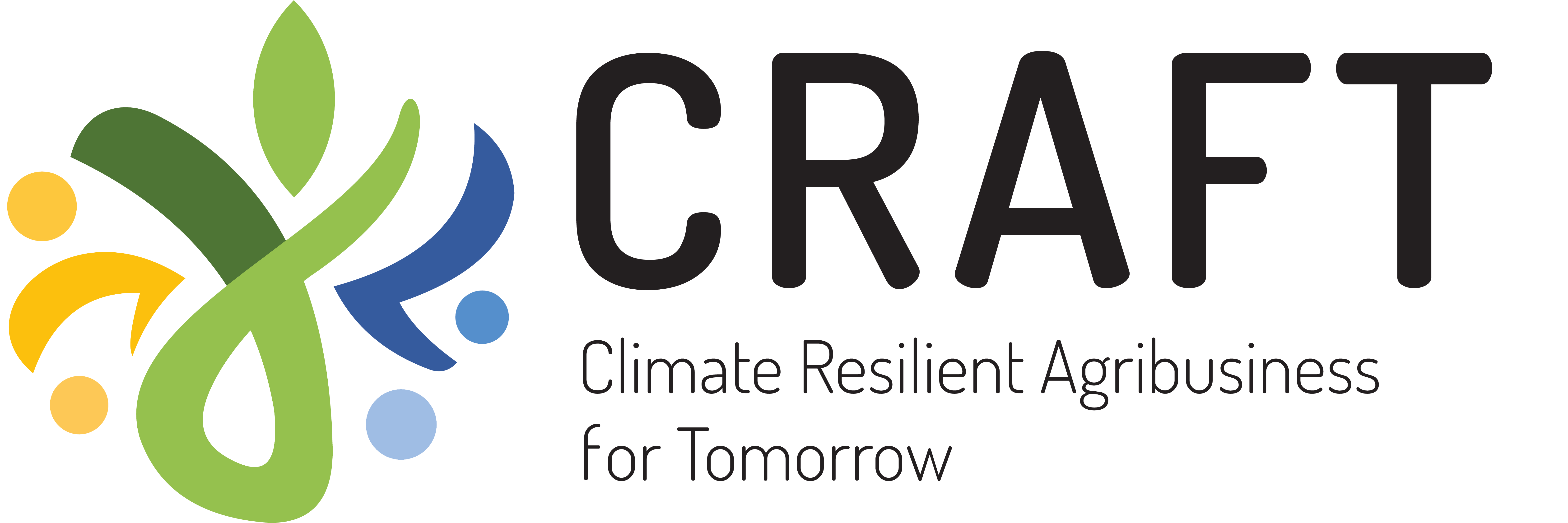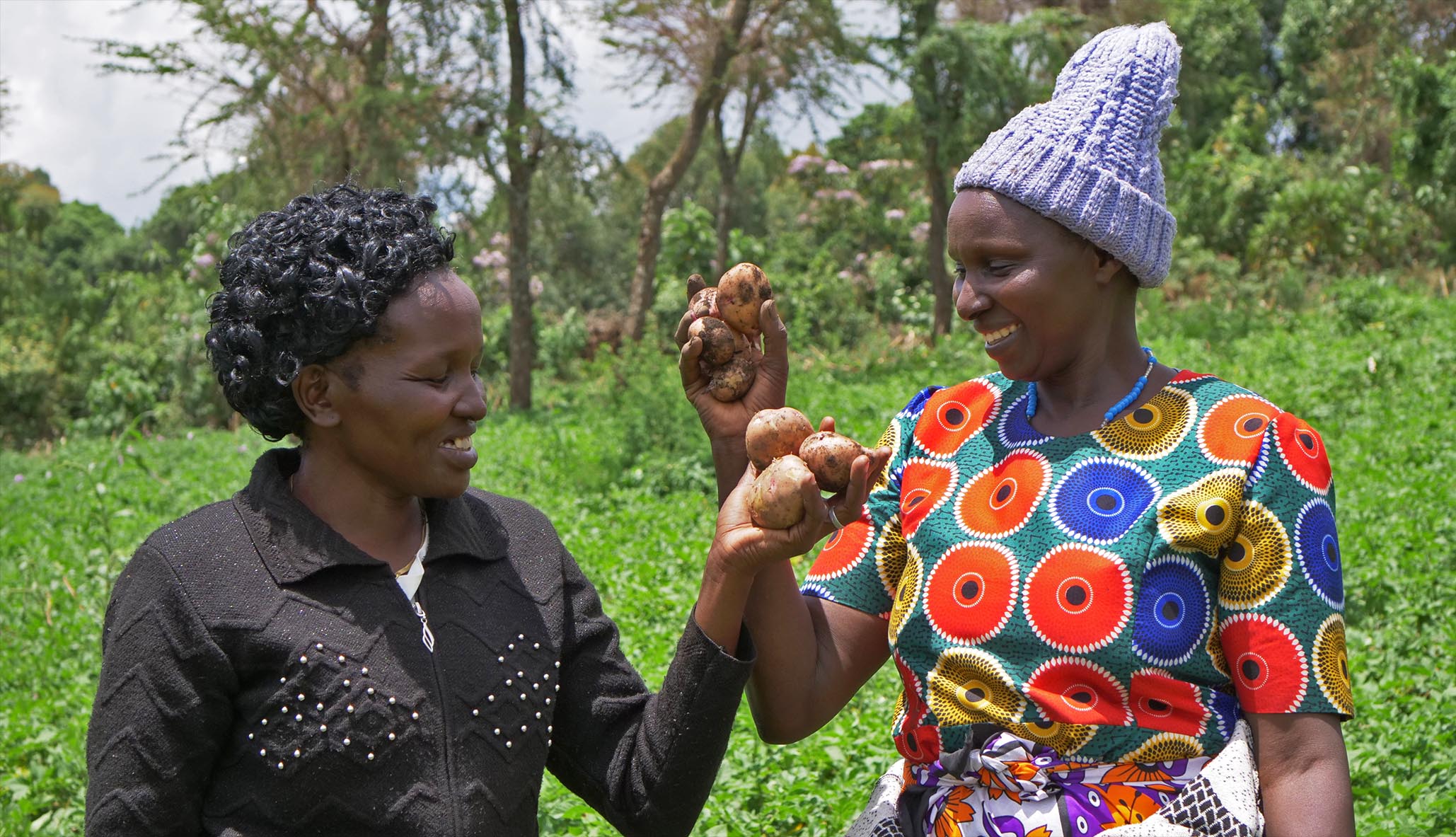In 2014, while residing with his parents, Paul initiated his farming journey on leased land. Life was arduous, with low crop yields, particularly from maize, which dominated their fields. The year-long wait for meagre returns prompted Paul to explore more sustainable farming practices, particularly those related to climate smart agriculture.
His entry into potato farming in 2016 marked a turning point. Beginning with a quarter-acre of land, Paul witnessed an upswing in his farm income. By the end of the year, he expanded his potato production to a full acre, yielding up to five tonnes per acre. Despite less-than-favourable market prices, potato farming proved more profitable than previous crops.
Paul's introduction to climate smart agriculture through a partnership between CRAFT and Starlight Co-operative Society further revolutionized his farming approach. He adopted certified seeds, boosting his production to seven tonnes per acre. However, the maximum price he could sell an 85 kg bag was €14 per bag making a profit of €507 per acre per season. At this point, he was doing a maximum of 2.5 acres.
With each successive cycle, he incorporated additional practices like soil testing, improved varieties, timely planting guided by climate information, crop-specific fertilizers, mulching, crop rotation, and surface planting. In addition, he emphasized crop protection through meticulous spraying programs. To enhance his adaptability to weather fluctuations, Paul utilized weather apps to predict rainfall onset, allowing for timely planting. Employing surface planting techniques prevented rain-induced erosion, setting an example for his neighbours. He also rigorously tested crop-specific fertilizers to optimize production. With these climate-smart practices and technologies, Paul saw his profits soar to €1,792 per acre per season, compelling him to expand his production to five acres, now harvesting a minimum of 10 tonnes per acre. Favourable market prices further augmented his earnings. Although the cost of production doubled due to increased input costs and the use of additional Climate smart products and services, the venture remains profitable.
Despite his success, Paul faced challenges, including the variability of climate affecting planting and agrochemical application. He also grappled with irregular rainfall patterns, leading to increased early and late blight incidents.
Nonetheless, Paul's perseverance and adaptation to climate risks have enabled him to move out of his parents' home, purchase land, and build a permanent house. He is now a self-employed Agripreneur planning to expand his production to 10 acres in the coming years. His newfound independence and economic stability have transformed his life and secured his family's future.
By Ivy Wainaina










